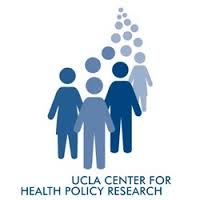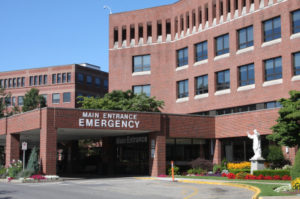Increased Utilization by New Medicaid Patients Levels Off, Study Finds
Spikes in hospital emergency room and inpatient admissions attributed to patients who have recently obtained Medicaid coverage eventually taper off, according to a new study.
According to the study Increased Service Use Following Medicaid Expansion is Mostly Temporary: Evidence From California’s Low Income Health Program, dramatic increases in ER use and hospitalizations among those newly insured by Medicaid eventually level off and should not especially tax either hospital capacity or state Medicaid budgets.
 The study, performed by the UCLA Center for Health Policy Research, found that after pent-up demand for care among those who previously had limited access to services was satisfied, utilization dropped by more than two-thirds and then remained relatively constant. Outpatient utilization remains generally stable, the study found.
The study, performed by the UCLA Center for Health Policy Research, found that after pent-up demand for care among those who previously had limited access to services was satisfied, utilization dropped by more than two-thirds and then remained relatively constant. Outpatient utilization remains generally stable, the study found.
These findings may be a glimpse into Pennsylvania’s future and what its hospitals will face when the state eventually expands its Medicaid program.
For further information about the study and its implications for hospitals and state Medicaid budgets, see this Kaiser Health News report. To see the UCLA study itself, go here.







